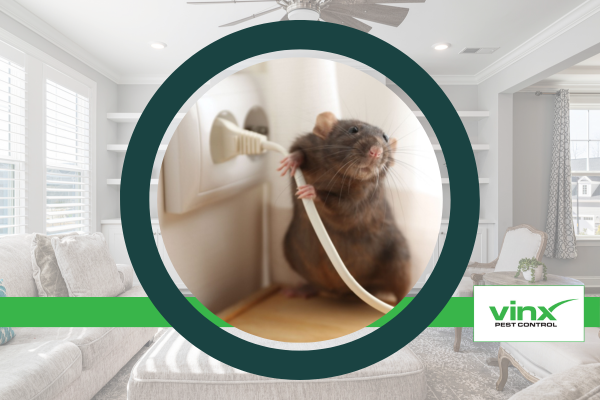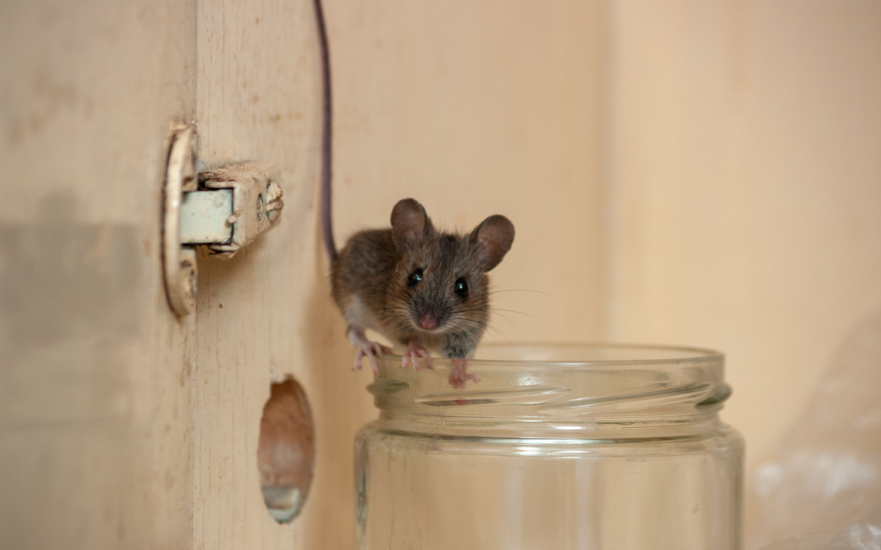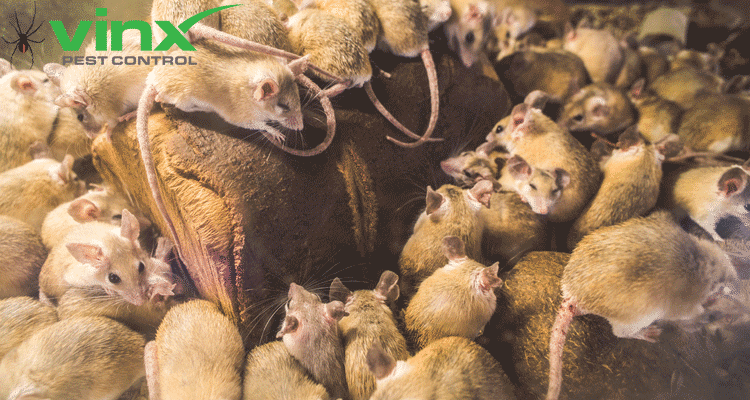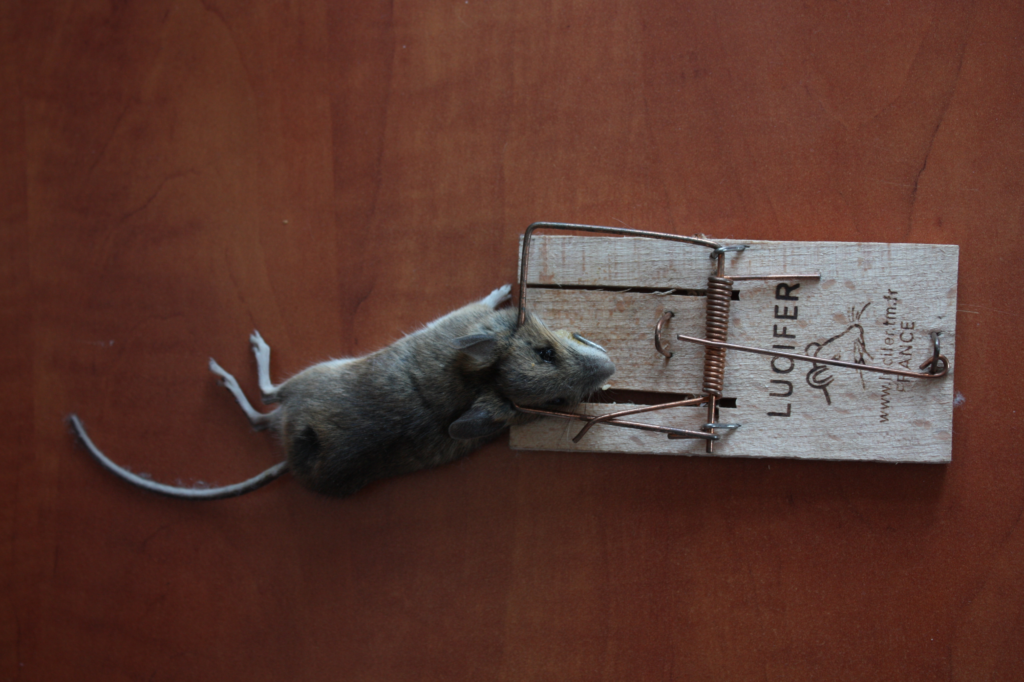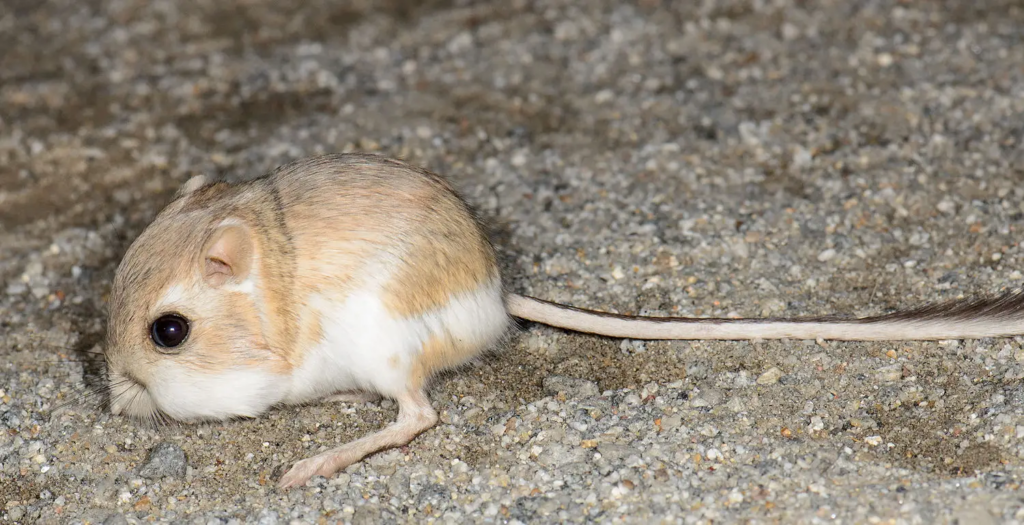Rats and mice are not welcome in any home. They carry diseases and make homes dirty. They can also cost a lot of money for homeowners.
At Vinx Pest Control, we’ve seen how rats and mice can damage homes. They chew on wires and insulation. This can lead to big property damage and property loss. Homeowners need to act fast to prevent this.
We help homeowners keep their homes safe from rodents. This way, they don’t have to worry about filing a property damage claim. By knowing the risks and taking steps early, homeowners can protect their homes.
Key Takeaways
- Rodents can cause significant financial losses for homeowners.
- Rats and mice can lead to costly repairs due to gnawed wires and damaged insulation.
- Vinx Pest Control helps homeowners protect their homes from rodent infestations.
- Preventive measures can reduce the risk of property damage.
- Proactive steps can safeguard homeowners’ investments.
The Hidden Threat of Rodent Infestations
Rodents can cause a lot of damage without you even knowing. They are not just pests. They can really harm your home.
Many homes in America have rodent problems. It’s important to know which rodents are in your home and how they get in.

Common Rodent Species in American Homes
House mice and rats are the most common rodents in homes.
House Mice Characteristics and Behaviors
House mice are small and can fit through tiny holes. They chew on wood and wires, causing a lot of damage. For more info, check out our page on common signs of a rodent infestation.
Rat Species and Their Destructive Habits
Rats are bigger and more destructive than mice. They chew on important parts of your home, like wiring. This can even cause fires.
How Rodents Enter Your Property
Rodents can get into your home in many ways. Knowing how they get in is the first step to keeping them out.

Common Entry Points
They often get in through holes around pipes, vents, and doors. They also find gaps in foundations and walls. Sealing these spots is important to keep rodents out.
Seasonal Patterns of Rodent Invasions
Rodents invade more in colder months. They look for warmth and shelter inside. Knowing this can help you prepare.
Understanding the Scope of Rodent Property Damage
Rodents can do a lot of damage to homes. They are a big problem in the US, causing a lot of money to be lost each year. At Vinx Pest Control, we’ve seen how bad rodent damage can be.
Statistics on Rodent-Related Property Damage in the US
Rodents damage homes, businesses, and farms for about $20 billion each year. This shows why we need to stop rodents before they cause more harm. Some important facts about rodent damage include:
- Rodents damage over 20 million homes in the US each year.
- The average cost of rodent damage is about $1,500 per homeowner.
- Rodent infestations lead to a lot of insurance claims for property damage.
Why Rodents Are Destructive by Nature
Rodents are destructive because of how they gnaw and nest. Knowing this helps us understand and fix the damage they cause.
Gnawing Behaviors and Dental Structure
Rodents gnaw on wood, plastic, and metal because their teeth never stop growing. This is why they damage so much.
Nesting Habits That Damage Properties
Rodents make nests with insulation and fabric in homes. These nests can damage insulation and even the structure of a home. For more on how rats and mice damage homes, check out our page on rodent-related property damage.
Structural Damage Caused by Rats and Mice
Rodents can harm your home’s structure, leading to expensive fixes if not stopped. Rats and mice can damage your home’s foundation and walls. It’s important for homeowners to know how much damage they can do.
Foundation and Wall Damage
Rats and mice love to burrow and chew through wood and drywall. This can hurt your home’s foundation and walls. They make holes and tunnels that weaken walls and foundations.
These problems can cause cracks and shifts. If not fixed, they can lead to big failures. It’s key to check for rodents early to avoid big damage and expensive fixes.
Attic and Insulation Destruction
Rodents often make nests in attics, destroying insulation. They chew through insulation to make nests. This makes insulation less effective and can cause energy problems.
They also chew on attic structures, which can harm the roof’s support. This can lead to water damage and more problems. Look for signs of rodents in attics, like droppings or nests, to stop damage.
Roof and Siding Damage
Rodents can also damage your home’s roof and siding. They chew on roofing and siding, making holes. This lets water in, causing rot, mold, and more damage.
It’s important to check your home’s outside for rodents. This helps prevent expensive repairs from property damage.
Electrical System Damage and Fire Hazards
Rodents can harm your property a lot. They are very dangerous to your electrical system. Rodents love to chew on things, including electrical wiring.
How Rodents Damage Wiring
Rodents chew on wiring insulation and sometimes the copper wires. This can cause short circuits. It can lead to electrical problems or even fires.
Signs of Rodent-Damaged Electrical Systems
- Flickering or dim lights
- Frequent blown fuses or tripped circuit breakers
- Burning smells or sparks from electrical outlets
- Unusual noises coming from electrical components
Common Areas Targeted by Rodents
Rodents like places that offer shelter and wiring access. They often go to:
- Attics and crawl spaces
- Behind walls and baseboards
- Under flooring and in insulation
The Connection Between Rodents and House Fires
Rodents cause up to 20% of fires in the US each year. Their chewing on wires can expose live wires. This can start fires. Homeowners need to deal with rodent problems fast to avoid fires.
Plumbing and Water Damage from Rodent Activity
Rodents like rats and mice can cause big problems with plumbing. They chew on pipes, leading to leaks and weak plumbing. This can lead to water damage, disrupting your life and costing a lot of money.
Pipe Damage and Leaks
Rodents chew on pipes, causing leaks. These leaks can happen anywhere in the plumbing system. They are often hidden, making it hard to find them until a lot of water damage has happened.
Secondary Water Damage Issues
Leaks from rodents can cause more damage, like structural problems and mold. It’s very important to fix these leaks quickly to avoid more damage.
Mold Growth Following Rodent-Caused Leaks
Mold loves damp places, making areas with leaks perfect for it. If not fixed, mold can spread, posing health risks and costing a lot to fix.

Structural Weakening from Water Damage
Water from leaks can weaken a home’s structure. This can lead to expensive repairs, like replacing wood and rebuilding areas. In bad cases, you might need to file a property damage claim to cover the costs.
At Vinx Pest Control, we know how important it is to deal with rodents fast. By controlling rodent numbers, homeowners can avoid plumbing and water damage problems.
Assessing and Documenting Rodent Property Damage
Checking and recording rodent damage is key for homeowners. Rodents can cause a lot of harm. They damage buildings and personal things.
Identifying Signs of Rodent Damage
Finding signs of rodent damage is the first step. Look for gnaw marks on wood or plastic. Also, check for droppings in secret spots and nesting stuff like shredded paper.
Rodents like to chew on insulation, wiring, and pipes. So, these need a close look.
Proper Documentation for Insurance Claims
It’s important to document rodent damage well for insurance claims. Take clear, dated photos of all damaged spots and things.
Make a detailed list of what’s damaged. Include what it is, and how much it will cost to fix or replace. Getting help from experts can make this easier. It helps with the insurance claim process.
The Financial Impact of Rodent Property Damage
Rodent damage can cost a lot of money. It can hurt homeowners in many ways. This includes expensive repairs, higher insurance costs, and lower property value.
Average Repair Costs for Different Types of Damage
The cost to fix rodent damage changes based on the damage type and size. Here are some common damages and their repair costs:
- Structural damage: $500-$5,000 or more
- Electrical system damage: $200-$2,000
- Plumbing system damage: $300-$3,000
Structural Repairs
Fixing structural damage is very expensive. It often means rebuilding or replacing walls, floors, or ceilings. The cost for this can be between $500 and $5,000.
Electrical and Plumbing System Repairs
Damage to electrical and plumbing systems is also pricey. Fixing electrical issues can cost $200 to $2,000. Plumbing repairs can be $300 to $3,000.
Long-term Financial Consequences of Untreated Infestations
Ignoring rodent infestations can lead to big financial problems. Some issues include:
- Higher insurance costs
- Lower property value
- More repair costs over time
Learn more about the dangers of rodent infestations at our page on rodent damage.
Insurance Coverage for Rodent Property Damage
Homeowners often wonder if their insurance covers rodent damage. The answer depends on many things. These include the type of policy and how much damage there is.

What Most Homeowners Insurance Policies Cover
Most policies cover sudden rodent damage. This includes damage to wiring or plumbing. But, the details can change a lot.
- Damage to personal things, like furniture, might be covered if it’s sudden.
- Some policies cover removing rodent droppings or urine.
- Fixing or replacing damaged structures, like walls, might be covered too.
Common Exclusions and Limitations
Even though policies cover some rodent damage, there are things they don’t. For example, long-term damage isn’t covered because it’s seen as maintenance.
- Damage that happens over time, like gnawing on wood, is usually not covered.
- Costs for pest control, like getting rid of rodents, are not covered by standard policies.
- Some policies don’t cover certain rodents or types of damage.
To learn more about keeping rodents out and preventing damage, check out our page on rodent-proofing your home.
Preventing Expensive Rodent Property Damage
Homeowners can avoid costly repairs by taking preventive measures against rodents. Rodent infestations can lead to significant property damage. But with the right strategies, you can protect your home.
DIY Prevention Methods
There are several DIY methods to prevent rodent infestations. By being proactive, you can reduce the risk of rodent-related damage.
Sealing Entry Points
Rodents can squeeze through tiny openings. So, it’s essential to seal all cracks and crevices around your home. Use steel wool, caulk, or expanding foam to block their entry points.
Reducing Attractants Around Your Property
Keep your yard clean. Store food and trash in rodent-proof containers. Regularly clean up clutter and debris, as rodents like to nest in undisturbed areas.
Home Maintenance Tips
Regular home maintenance is key. Check your roof for damaged or missing shingles. Ensure that your gutters are clean and functioning properly.
When to Call Professional Pest Control
If you notice signs of rodent activity, such as droppings or gnaw marks, it’s time to call a pro. Our emergency response services can help mitigate damage and prevent further infestations. Don’t wait until it’s too late; contact us for effective property damage prevention.
How Vinx Pest Control Protects Your Property from Rodents
Vinx Pest Control has years of experience fighting pests. We have a strong plan to keep rodents away. This keeps your property safe from rats and mice.
Our Comprehensive Rodent Control Process
We have a detailed plan to control rodents. It starts with checking your property for signs of pests.
Initial Inspection and Assessment
Our experts look all over your property. They check attics, basements, and crawl spaces. They find where rodents might be getting in.
Customized Treatment Plans
After inspecting, we make a plan just for you. It targets the main problem to solve the infestation.
Exclusion Services to Prevent Re-entry
We also seal off entry points. We use special methods to keep rodents from coming back.
Long-term Protection Plans and Guarantees
We know controlling rodents is an ongoing task. That’s why we offer long-term plans and guarantees. Your property will stay safe from rodents.
Maintenance Programs
Our maintenance programs include regular checks and treatments. They help keep rodents away. This gives you peace of mind and protects your property.
Emergency Response Services
If you have a rodent problem, we’re here fast. Our emergency services fix the issue quickly. This helps prevent more damage to your property.
Our Eco-Friendly Approach
We use safe, green methods for pest control. Our products are safe for your family, pets, and the planet.
Conclusion: Safeguarding Your Home and Investment
Rodent infestations can hurt your wallet and make you feel sad. Over 30% of homes in the South face rodent problems yearly. Rodents can damage your home by chewing on things and making messes with their droppings.
To stop costly damage, act early. Vinx Pest Control helps keep your home safe from rodents. We do detailed checks and block their ways in. This way, you won’t have to fix expensive damage later.
If you have rodents, get help from experts. They can remove them and stop them from coming back. For tips on dealing with rodents yourself, check our resource page. Taking the right steps can protect your home and investment from rodents.
FAQ
Q: What are the most common rodent species found in American homes?
A: In American homes, you’ll often find house mice, Norway rats, and roof rats. They can damage your property a lot. They like to hide in attics, walls, and other secret spots.
Q: How do rodents typically enter a property?
A: Rodents sneak in through holes and gaps in walls, foundations, and roofs. They can even fit through tiny openings around pipes, vents, and doors.
Q: What kind of property damage can rodents cause?
A: Rodents can damage wires, insulation, and food and surfaces with their droppings. They can also harm your home’s structure, like foundations, walls, and roofs.
Q: Can rodents cause electrical system damage and fire hazards?
A: Yes, rodents can damage electrical systems and cause fires. They chew on wires and electrical parts. This can lead to short circuits and fires.
Q: How can I identify signs of rodent damage?
A: Look for gnaw marks, droppings, nests, and burrows. You might also hear scurrying or scratching sounds from walls or attics.
Q: What should I do if I suspect rodent damage?
A: If you think you have rodent damage, call a professional like Vinx Pest Control. We can check the damage and help fix it. We’ll also tell you how to stop it from happening again.
Q: Will my homeowners insurance cover rodent property damage?
A: Most insurance policies cover rodent damage, but it depends on your policy. Always check your policy and talk to your insurance company to know what’s covered.
Q: How can I prevent rodent property damage?
A: To stop rodents, seal holes, keep your home clean, and store food and trash right. You can also use DIY traps or repellents, or get help from a pest control service.
Q: What is the average cost of repairing rodent property damage?
A: Repairing rodent damage can cost a lot, from $500 to $5,000 or more. It depends on how much damage there is.
Q: How can Vinx Pest Control help protect my property from rodents?
A: Vinx Pest Control offers rodent control services like inspection, exclusion, and treatment. We can find and fix rodent problems. This keeps your property safe and sound.
Q: What kind of guarantees or warranties does Vinx Pest Control offer?
A: Vinx Pest Control has long-term protection plans and guarantees. We offer maintenance programs and emergency services. We’re committed to making our customers happy with our work.



